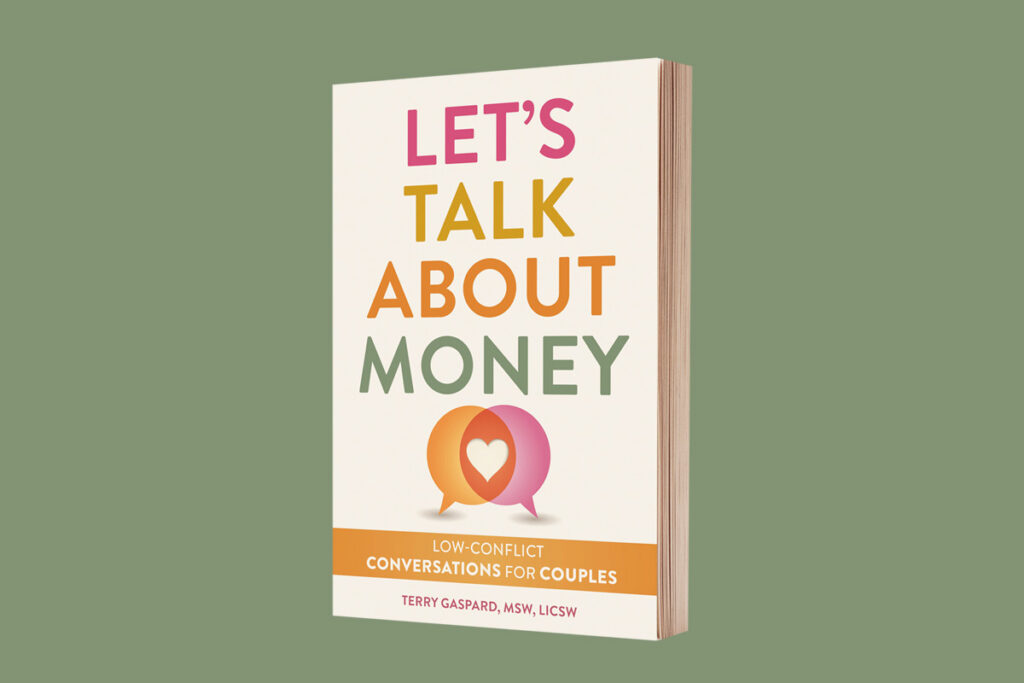“Love” is the obvious word here. But with all due respect to love, it’s probably a little too obvious for my tastes. Don’t get me wrong, I love love, but it often clouds the real issue at the heart of a relationship. You’ve heard that love covers a multitude of sins? Maybe that’s the problem.
The “multitude of sins” is what erodes the integrity of a relationship. I touched on this a bit in January when I wrote about Betrayal. It’s not necessarily the gigantic elephant-in-the-room betrayals that destroy a relationship. It’s the little ones, the day-after-day ones that chip away at trust and lead husbands and wives to question commitment to wives and husbands.
Love, however, has remarkable endurance. It survives more often than it doesn’t. Love is the reason couples come into my office. It’s because couples love each other that they’re in pain. It’s because of love that diminished trust and commitment are so distressing. Love is the tie that binds, and because it is so foundational and so constant, it is easy to take it for granted. It’s easy to assume love. It’s obvious. But sometimes love sometimes misses the point.
Yesterday, my wife and I got into it. We were due for a fight and we went for it. We both raged for a hot minute. Yelled across two rooms to make sure we were “heard.” She got critical. I got defensive. Typical stuff. The natural progression of a fight like this is that, one of us – usually me – will start cleaning the house in a huff. Yesterday, I made the bed. Swept the kitchen. Started unloading the dishwasher and eventually ran out of steam. This too is typical and at this point, one of us – usually my wife – offers a hug. So we’ll hug. She’ll say, “I love you.” And I’ll cringe.
Yesterday, when my wife said, “I love you,” the words stung. Not because they weren’t true. And not because they weren’t what I wanted to hear. It’s just that, I know my wife loves me. What I really need, is to know that she likes me. I need to know that she enjoys, respects, admires, and appreciates me. And to be fair, I need her to know that I enjoy, respect, admire, and appreciate her. This is what I mean when I suggest that sometimes love misses the point.
Tell me if you’ve heard this one before: “I still love him. I’m just not in love with him.” You’ve heard it before. I know you have. It’s among the most cliche of cliches. What does that even mean? What’s the difference between “love” and “in love?” I believe it’s the difference between “love” and “like.”
In my Imagination post, I offered a quick look at architectural integrity of Dr. Gottman’s model of the Sound Relationship House. As I said then, the SRH derives its integrity from the twin pillars of trust and commitment. The whole structure deserves a full inspection, but for now, it’s worth noting that the house’s foundation is in “liking” each other.
Notice how the bottom level of the SRH emphasizes the relational friendship:
- Build Love Maps: Know your partner’s world. Become an expert in her likes and dislikes. Listen to his stories. Again. Know about her dreams as well as her fears. Care about his favorite movies and his least favorite food.
- Share Fondness & Admiration: Let your partner know that you’re proud of them. Notice their creativity, intelligence, empathy. Out loud. Say: “Well done,” “You look hot,” “Thank you.”
- Turn Towards Instead of Away: Hold hands. Answer his questions. Ask her opinion. Laugh at his jokes. Meet her eyes.
All of these things lead to what Gottman calls The Positive Perspective, or Positive Sentiment Override (PSO) , which is essential for managing and surviving conflict. In the same way that a multitude of sins chip away at a relationship, PSO protects and fortifies your friendship and helps you survive those days when you’re due for a fight.
It’s important to say, “I love you.” One of the early signs that a relationship is failing is that couples stop telling each other. They simply stop saying the words. So don’t stop. But also, don’t stop at, “I love you.”
My wife and I survived yesterday. It was just one of those days. And I know that “those days” can add up for couples and sometimes feel overwhelming. But days like these have taught us a new skill, or at least a new phrase: “I love you and I like you.”
It might not be as obvious, but it helps.







